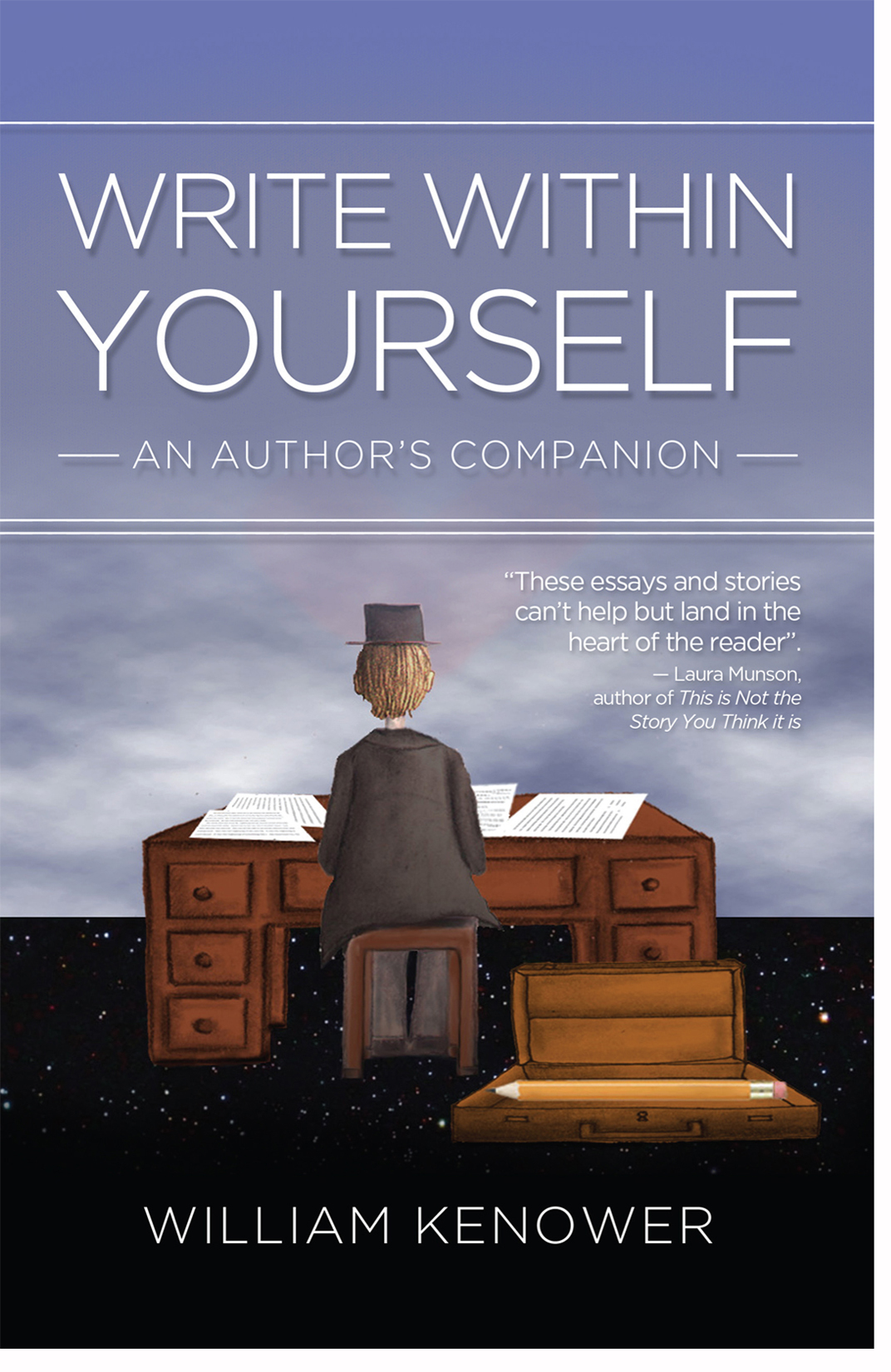The Fallen
It was 1983 and a friend and I had just left a party where David Bowie’s Modern Love, which had been one of many hit songs off of his mega-best-selling album Let’s Dance, had been playing. I commented how much I liked the song, and my friend grumbled something about Bowie. This was a friend given to strong opinions, especially about music, but I had always thought he was something of a Bowie fan. I asked him what the problem was. “That song’s all right, but the album sucks,” he explained.
“So?”
“So he could have been great!”
I can still see the hurt in his eyes as he said the word “great.” I understood my friend’s point of view, that this album signaled a change in Bowie’s music, a change not to our liking, but so what? My friend scowled on. Bowie’s crime, for the time being anyway, was unpardonable.
For the record – no pun intended – Let’s Dance was by far Bowie’s bestselling album, but also, according an interview I saw with the man himself, his least favorite album. He had written it to make lots of money, he had, and he hated it. So perhaps my friend had sniffed all the “selling out” going on, but still I say, “So what?”
It is never anyone’s business what mistakes anyone else does or doesn’t make, especially if that someone else is an artist. And anyway, I don’t think my friend cared one lick about Bowie’s greatness. What my friend cared about was the realization that artistic integrity—or any integrity for that matter—is not so simple to maintain. As it turns out, money, fame, ego, boredom—all these things can pull anyone from the horse.
The problem with looking to an artist as an example is you generally only get to see the result of the artist’s integrity, not the process of maintaining it. In the end, all our heroes are going to fall, not because it is a fallen world, but because it is difficult to learn any other way. We usually meet artists as they are experiencing the first great flight of their life, freed from whatever weight they sloughed off in their early stumbles. But one can only hold the trajectory of this flight for so long, and what was once a freedom feels like a jail as the artist seeks to expand again.
Whether this expansion happens gracefully or not isn’t the point. Those public figures we admire are merely shadows of what we think we would like to become. Their stumbles are no more ours than their successes, and as soon as you think, “Bowie couldn’t stay great, how will I?” you have built yourself a prison wall. And the great irony of this fear that what befell others must befall us is that within the work of all artists we admire, within all the words and music and stories, exists one message, echoed over and over again, always heard, but so hard to follow: Be yourself.
Write Within Yourself: An Author's Companion.
"A book to keep nearby whenever your writer's spirit needs feeding." Deb Caletti.
You can find Bill at: williamkenower.com


